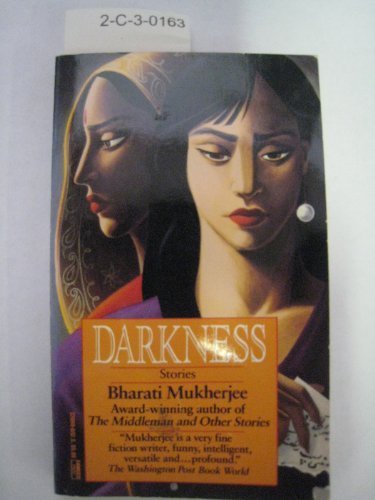All writers choose the stories they will tell out of the infinite number that can be told, and this is especially true in short stories, where the number of narratives that can come forth are limited. The best stories read naturally, and we forget that the author has chosen them, that they are deliberate. Mukherjee's stories in this collection fall short, for me, of this criterion.If Mukherjee were Nabokov, the introduction to this novel would be a trick, a game, something to deceive our reading of the stories to come. Unfortunately, this was not the case. Perhaps I am simply too young to understand the politics surrounding this book's publication, perhaps things have changed, but the rah-rah-USA-nation-of-immigrants vs. o-racist-Canada opposition really irked me throughout the book. (And I am from the US.) Frankly, this collection read to me like it was being written with a certain purpose for a certain group of people, whether intentionally or (much, much worse and less forgivable) unintentionally.I was most surprised that one reviewer wrote that he enjoyed and understood "Darkness" because, as an Asian man, he can understand such a thing. As someone who thought this book would mainly be enjoyed by enlightened white folk in search of clues to Indian-American cultural identity and pathos, I was certainly shocked especially that someone would proudly claim his affinity to a character I read as weak and emasculated by the strong women close to him, momentarily relieved that some man might have had temporary power over his daughter, terrified to the point of murder when he realized his mistake.In short (which I haven't been), I was disappointed in the stories, annoyed by some of the unnatural moments in Mukherjee's writing when it is clear she is too aware of her audience and not living deeply within her characters (What Indian person would say "Goa, India" for example, rather than just the obvious "Goa"), HOWEVER, given the other reviewer's easy identification with the characters-- I may be completely off in my charactertization of these stories.




